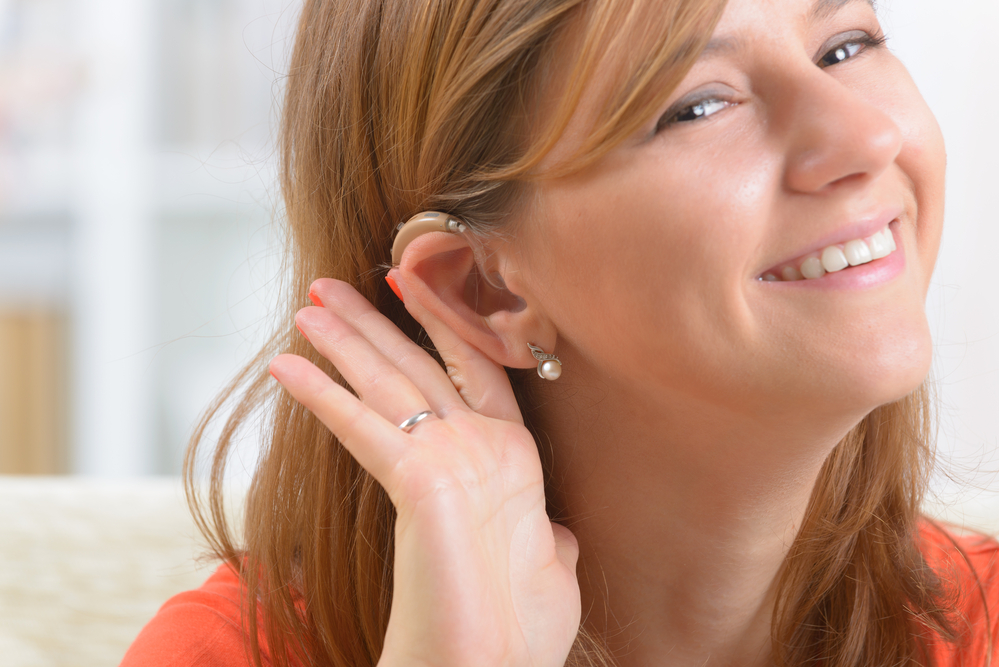Hearing loss runs along a spectrum from mild to profound. People with mild hearing loss may struggle to hear birdsong outside or people whispering across a quiet room while those with profound hearing loss might not be able to hear anything at all. Audiologists use these categories to characterize different levels of hearing loss. However, they do not use them to determine whether someone has a hearing-related disability or not.
Recognizing that a patient has a disability, though, is critical. Even minor hearing loss can significantly impact a person’s health and ability to function. The question is: at what level does hearing loss become significant enough to have a material impact on a patient’s life?
Before we get into the discussion, it’s worth pointing out that many people who are hard of hearing strongly disagree with the label disability. They don’t view hearing loss as a loss of function, but rather as a different way life is expressing itself. Therefore, if you want to talk to a loved one living with hearing loss, it’s a good idea to ask them about their thoughts about it first.
The Categories of Hearing Loss
Audiologists categorize hearing loss or level of deafness according to the noise level that a person can detect during an audiogram. The thresholds for the different types of hearing loss are somewhat arbitrary, but they help practitioners determine the proper course of treatment.
Here are various hearing loss categories and their associated decibel (dBs) thresholds:
- Normal hearing: Trouble hearing sounds below 20dBs
- Mild hearing loss: Trouble hearing sounds below 40dBs
- Moderate hearing loss: Trouble hearing sounds below 60dBs
- Severe hearing loss: Trouble hearing sounds below 80dBs
- Profound hearing loss: Trouble hearing sounds over 81dBs
Under conventional audiologist rules, any inability to hear sounds above 21dBs is a form of impairment. However, the legal definitions of hearing loss-related disability differ.
Legal Definitions of Hearing Loss as a Disability
Hearing loss does not automatically qualify patients for benefits. However, if you meet certain characteristics because of your hearing loss, you may qualify for Social Security Administration (SSA) to pay for medical bills, credit cards, food, housing and daily living expenses.
The SSA has a Blue Book it uses to determine whether a person with hearing loss qualifies as disabled.
If you have hearing loss you qualify as disabled if have:
- An average air conduction hearing threshold of 90 decibels or more in the good ear.
- An average bone conduction hearing threshold of 60 decibels in the better ear.
- A word recognition score of 40% or less in the better ear, as determined by standardized tests.
Do You Qualify for Disability Benefits?
Even if you meet the above criteria, you may not qualify for disability benefits. That’s because the SSA disability benefits are means-tested. The SSA will also turn down your application if you have hearing loss in one ear but not the other, even if the loss in the bad ear is complete.
How To Apply
To apply for disability benefits, you’ll need to apply on the SSA’s website. You can either complete the application process in one go or do it in sections, completing it when you can.
Remember, social security isn’t just for retirement. It’s also for people who need support while they are of working age, often because of an unanticipated disability. Workers pay into it throughout their careers, just in case they become disabled. Because of this, SSA is available as a safety net for everyone who can’t work because of a hearing condition.
Learn More About Your Hearing Loss
If you want to learn more about your hearing loss, give Purchase Ear Technology in Paducah, KY. You can reach us by calling (270) 558-3996 or CLICK HERE to contact us. Purchase Ear Technology is conveniently located at 2008 Broadway St in Paducah, KY. At Purchase Ear Technology, you are more than a patient. You are FAMILY!
Below are additional posts that may be of interest to you:

